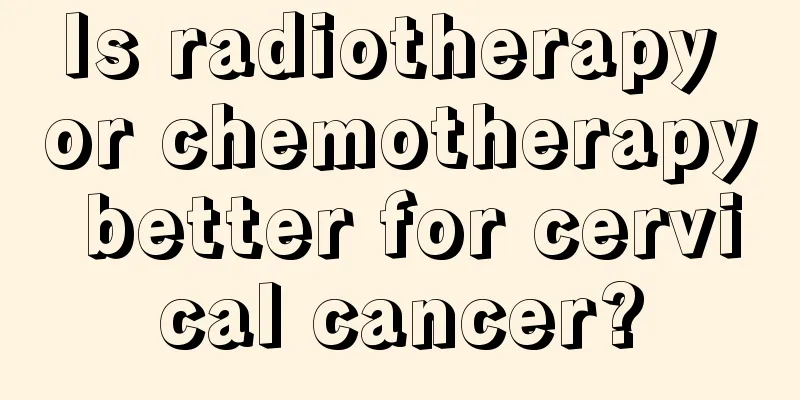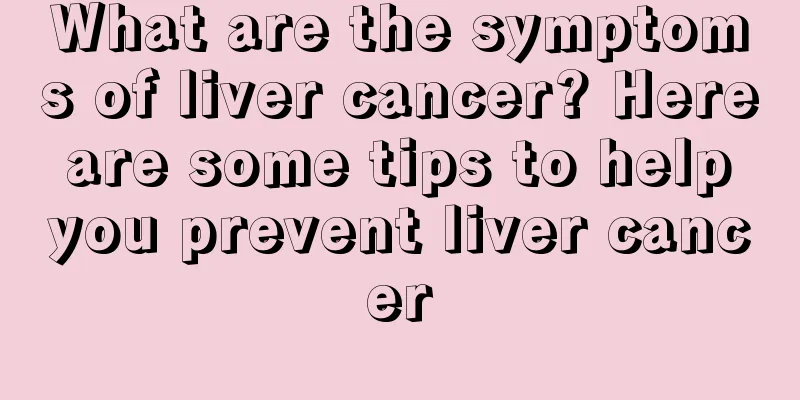Is surgery still recommended for lung cancer at the age of 70?

|
For a 70-year-old lung cancer patient, whether surgery is recommended depends on the specific condition, physical condition, and doctor's evaluation. Treatments include surgery, radiotherapy, chemotherapy, and targeted therapy, and the best option should be selected based on the patient's overall health. 1. Surgical evaluation: The feasibility of surgery for patients aged 70 requires a comprehensive evaluation of tumor stage, lung function and overall health. For patients with early lung cancer who have good cardiopulmonary function, surgery is still the preferred treatment. Doctors will use lung function tests, heart examinations and imaging assessments to determine whether the patient can tolerate surgery. 2. Radiotherapy and chemotherapy: For patients who are not suitable for surgery, radiotherapy and chemotherapy are important alternatives. Radiotherapy kills cancer cells through high-energy rays, while chemotherapy uses drugs to inhibit the growth of cancer cells. These treatments can be used alone or in combination, and the specific plan is formulated by the doctor based on the patient's condition. 3. Targeted therapy and immunotherapy: Targeted therapy and immunotherapy provide new options for lung cancer patients with specific gene mutations. Targeted drugs such as erlotinib and gefitinib can accurately attack cancer cells and reduce damage to normal cells. Immunotherapy activates the patient's own immune system to enhance its ability to kill cancer cells. 4. Supportive treatment and rehabilitation: The treatment of elderly patients with lung cancer requires special attention to supportive treatment and rehabilitation. Nutritional support, psychological counseling and pain management are important links. Patients should maintain a balanced diet, exercise appropriately, strengthen their physical fitness, and seek psychological support to relieve anxiety and depression. The treatment plan for 70-year-old lung cancer patients needs to be individualized, taking into account the condition, physical condition and treatment goals. Patients should fully communicate with their doctors, understand the pros and cons of various treatment methods, choose the most suitable plan for themselves, actively cooperate with treatment, and improve their quality of life. |
<<: What should I do if I have bloating and pain after colon cancer surgery
>>: What causes nasopharyngeal cancer
Recommend
The four types of food that Chinese people lack the most
Nowadays, everyone pays attention to dietary dive...
Burning sensation of chili pepper fingers
Chili is an indispensable condiment in daily life...
Postoperative care for ovarian tumor
Ovarian tumor postoperative care Postoperative ca...
What are the dangers of excessive blood lead levels?
If the lead content in the blood exceeds the stan...
What tests should be done for early stage lung cancer? Pay attention to the five early stage lung cancer tests
For lung cancer, we should focus on prevention an...
What to do if you have acne on your chin? Reasonable acne removal
Having acne on the chin is a very painful thing b...
What should I eat if I have a lot of dreams when I sleep?
If you always have dreams when you sleep, or are ...
Is copper jewelry harmful to the human body?
Many people like gold and silver jewelry. In addi...
What tests should be done for breast cancer
In clinical cases where breast cancer is suspecte...
Will gallstones cause vomiting?
Although gallstones are a well-known disease, mos...
How to keep fit and what is the most effective way?
People with good physical fitness are less likely...
What to do if my waist hurts from holding a baby
Since babies do not have normal mobility after bi...
What is myocarditis
Myocarditis is actually a very common disease in ...
What are the appropriate methods for treating nasopharyngeal carcinoma
What are the appropriate treatments for nasophary...
Five early symptoms of esophageal cancer
Esophageal cancer is a common malignant tumor of ...









